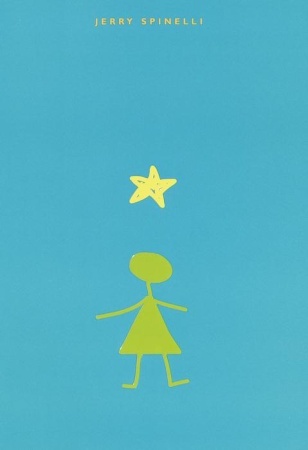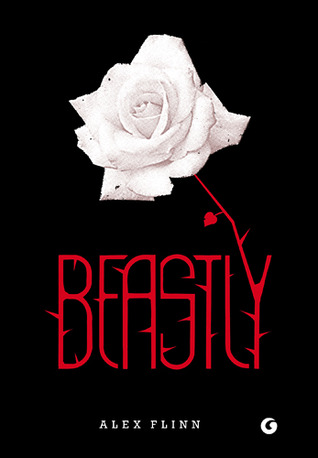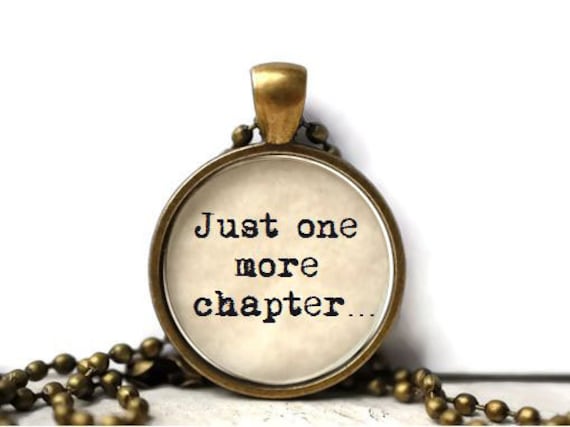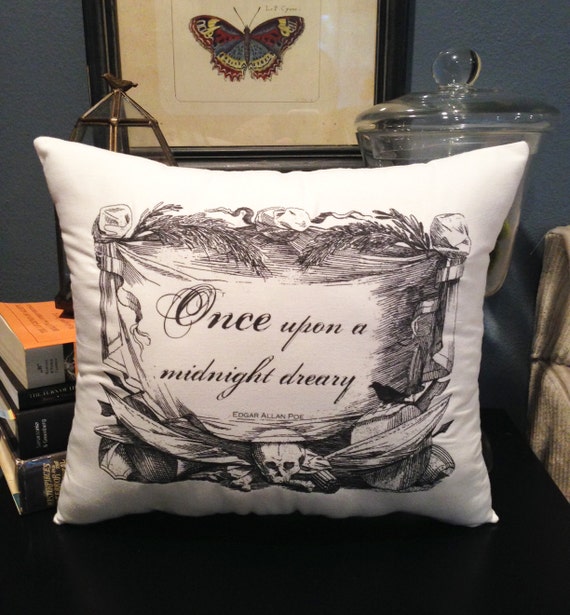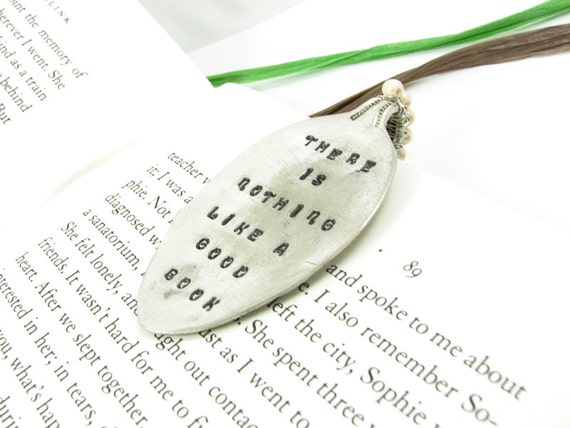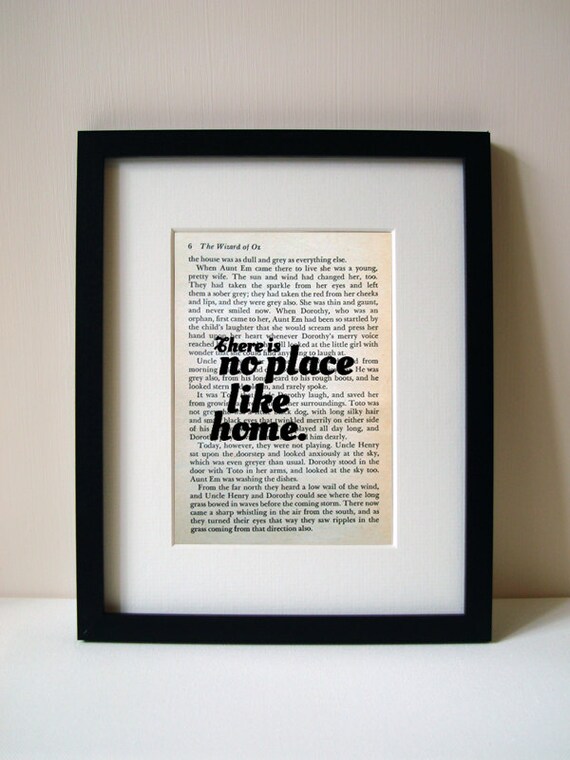The age old question - eBook versus Real Book
Okay, so maybe it's not "age
old", but eBooks have been around for a couple years. They've added to the
increasing growth of technology and we can see the advantages of them, right
from first look. People, though, are still saying they prefer a physical book,
a "real" book, over their industrial counterparts. It has become an
all-out war and I'm here today to extend that war - to give my own opinion between the
eBook and the real book.
Battle 1 - Size
eReaders and physical copies come in all
shapes and sizes. Real books (and I hesitate to use that word as it implies
that eBooks are real) can
be tall or short, thick or thin, just like people. This means a few things.
First, holding a book for a longer period of time can actually end up hurting your hands.
eReaders come in different sizes as well.
You could read with a large iPad or with your phone. If your device has an app
store, chances are, you'll be able to find the right app! Personally, I have
small hands. If I want to read a larger book, I actually need both hands to
hold the book! With my Fire 6 (the new, 6 inch version of the Kindle tablet),
it fits perfectly to turn a page or highlight - single-handedly! I say eBooks
when this battle
eBook - 1
Physical Book - 0
Battle 2 - Price
This battle specifically covers all prices
that may be involved.. First, books are typically cheaper when you buy them
electronically. There aren't print and shipping costs involved, but you're
still supporting the publishing industry. However, newer books may be the same
cost you would find in-store.
Buying physical books second hand,
however, is about the same price as buying an eBook. Because of this, this
battle is a tie - each gets a point.
eBook - 2
Real Book - 1
Battle 3 - Durability
This, of course, all depends on what
you're doing with your books/devices. Water damage will be covered in a
different battle - stay tuned!
eReaders aren't paper. They're metal and
plastic and can't be torn with the mere slip-of-a-hand. Real books, however,
can. They can get stained by chocolate-y fingers and ink can smear or fade with
time. With that being said, if an eReader gets damaged, you can buy another or
just use a different device. If a book gets badly damaged, you would have the
option of dealing with it or buying another copy.
eReaders have more durability for the
smaller things - a little spillage, dirty fingers, small scratches, and other
blemished, where as the quality and value of a real book can be significantly
marred by the tiniest of actions, like turning a page.
eBook - 3
Real Book - 1
Battle 4 - Reading at night
This one also varies a bit when it comes
to what device you actually own. However, because I read on devices that are
all back-lit, that's what I'm basing this off of.
Most eReaders, even less expensive ones,
are back-light. Simply put, this is something you will never find with a real
book. You'll always have to leave that light on! In terms of convenience, I
think eBooks win this round.
EBook - 4
Real Book - 1
Battle 5 - Reading in or near water
I shudder at that mere thought of being
caught in a monsoon with either of these options. In this case, though,
physical books have a real advantage.
Real books aren't dependent on things like
batteries and motherboards and speakers and what else (yeah, I know, I don't
the insides of eReaders),
and so water is something less to be feared. You can read in the bathtub and,
if you're feeling super adventurous, in the shower. If you're reading outside,
and it starts to storm, you don't have to worry about a physical book dying on
you.
Yes, real books can get all-but destroyed
by water. But the key term is "all-but", meaning that they don't get destroyed. Yes,
the pages get wavy and the ink may smear, but it's still in tact. It's still
readable, and you don't have to worry about paying money to replace it.
eBook - 4
Real Book - 2
Battle 6 - Traveling - eReaders can
be transferred to many devices
Travelling with books is something many
people do - and it's one of the main reasons some buy eReaders.
There's a reason for this - hundreds and
thousands of novels can fit into one small little device, that can fit in a
bag, a suitcase, or purse. Imagine tossing one hundred novels in your suitcase for summer
vacation to Jamaica! The only thing you'd need to read one hundred books with
an eReader is the charger and time.
eBook - 5
Real Book - 2
Battle 7 - Sharing
You have that favorite book - that very
special, well-paced, and developed novel that your best friend needs to read. Of
course, why would you make her buy the books? You could just lend it to her.
However, eBooks don't make this a
possibility (or at least, as far as I know). This is where real books have a real advantage, and the
win this round!
eBook - 5
Real Book - 3
Battle 8 - Browsing and
purchasing
I believe browsing a brick-and-mortar
store is much more enjoyable - it's like going on an adventure. However, online
book stores make it much easier to buy a book. There's not much arguing going
on in this battle - they each have their own merits. However, both can be
bought online, on a store with a great mass of selection. This battle is a
draw!
eBook - 6
Real Book - 4
Battle 9 - Aesthetic Appeal
Real books have greater aesthetic values,
with no argument. Buying a collector's edition of the text doesn't compare to
buying the collector's edition in physical form. Real books can be felt,
smelled, and if you would like, tasted. You can create designs and rainbows on
your bookshelves if you want. Physical books win this final round.
Total Scores:
eBook - 6
Real Book - 5
In the very end, though, it really does
matter to the specific reader whether eBooks outweigh physical books, or real
books outweigh eBooks. Some people may not read in the bath tub, while some
people have bigger hands (and can handle holding a large volume for extended
periods of time). Some may not have the money to afford a device they can read
books on, so they buy the occasional physical book, while some people may just
prefer the physical copy for its aesthetics. Just like taste in music and food
belong to the individual, so does the technology they choose to read their
novels.
